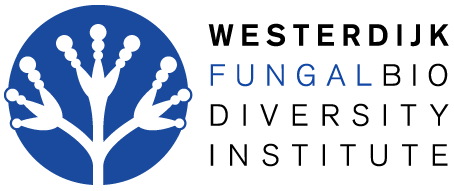
Chris Todd Hittinger, Lead PI
H.I. Romnes and Alfred Toepfer Faculty FellowProfessor of Genetics
University of Wisconsin-Madison
The Hittinger Lab
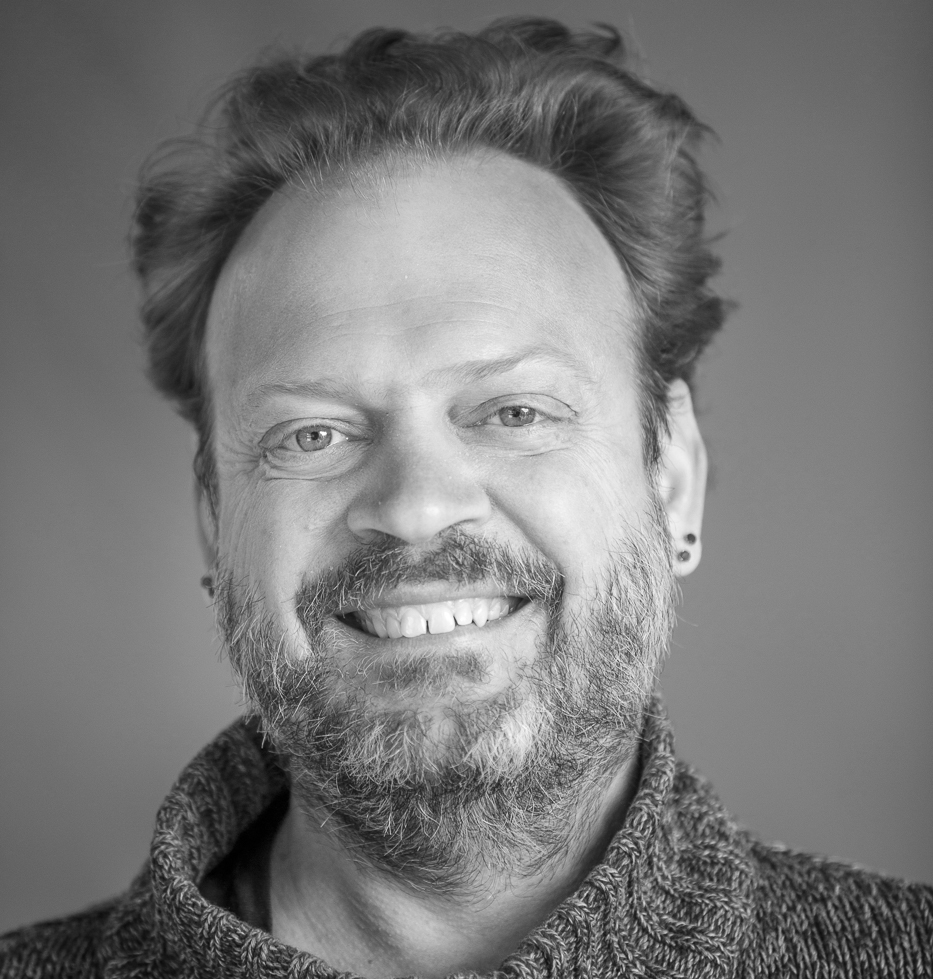 Chris is an H. I. Romnes Faculty Fellow, Alfred Toepfer Faculty Fellow, and Professor of Genetics at the University of Wisconsin-Madison. He currently serves as the Director of the J. F. Crow Institute for the Study of Evolution , which coordinates the diverse Wisconsin Evolution community as a cross-college institute whose mission is to foster multidisciplinary research to address complex biological problems facing society, as well as working to improve public understanding of evolution through education and outreach. Chris earned a BS in Chemistry and Biology from Southeast Missouri State University in 2001 and a PhD in Genetics from UW-Madison in 2007. Prior to joining the faculty at UW-Madison, he was the Maclyn McCarty Postdoctoral Fellow of the Helen Hay Whitney Foundation, mentored by Mark Johnston at Washington University in St. Louis and the University of Colorado School of Medicine.
Chris is an H. I. Romnes Faculty Fellow, Alfred Toepfer Faculty Fellow, and Professor of Genetics at the University of Wisconsin-Madison. He currently serves as the Director of the J. F. Crow Institute for the Study of Evolution , which coordinates the diverse Wisconsin Evolution community as a cross-college institute whose mission is to foster multidisciplinary research to address complex biological problems facing society, as well as working to improve public understanding of evolution through education and outreach. Chris earned a BS in Chemistry and Biology from Southeast Missouri State University in 2001 and a PhD in Genetics from UW-Madison in 2007. Prior to joining the faculty at UW-Madison, he was the Maclyn McCarty Postdoctoral Fellow of the Helen Hay Whitney Foundation, mentored by Mark Johnston at Washington University in St. Louis and the University of Colorado School of Medicine.The Hittinger Lab uses the carbon metabolism of diverse yeasts as a model for fundamental and basic bioenergy, biomedical, and evolutionary research. Our research interests and integrated approaches are at the intersection of biodiversity, biochemistry, biotechnology, metabolic engineering, and computational, functional, ecological, and evolutionary genomics with applications bioenergy and brewing. Chris has been collaborating with Antonis since the time when they were both trainees in Sean B. Carroll’s lab at UW-Madison, as well as with Clete and Marizeth since the establishment of the Y1000+ Project.
Antonis Rokas, Co-PI
Professor of Biological Sciences and Biomedical InformaticsCornelius Vanderbilt Chair in Biological Sciences
Vanderbilt University
The Rokas Lab
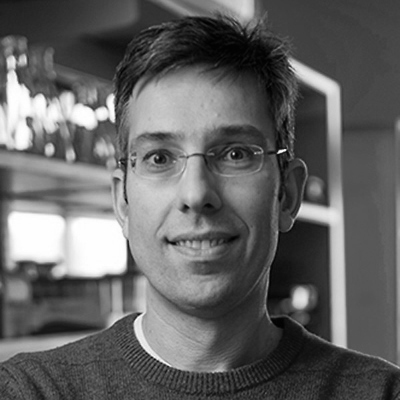 Antonis holds the Cornelius Vanderbilt Chair in Biological Sciences and is a Professor in the Departments of Biological Sciences and of Biomedical Informatics at Vanderbilt University. He also serves as the Founding Director of the Vanderbilt Evolutionary Studies Initiative, an interdisciplinary center that unites scholars from diverse disciplines with broad interests and expertise in evolution-related fields. Antonis received his undergraduate degree in Biology from the University of Crete, Greece (1998), and his PhD in Evolutionary Biology from Edinburgh University, Scotland (2001). Prior to joining Vanderbilt in the summer of 2007, he was a postdoctoral fellow at the University of Wisconsin-Madison (2002 – 2005) and a research scientist at the Broad Institute (2005 – 2007).
Antonis holds the Cornelius Vanderbilt Chair in Biological Sciences and is a Professor in the Departments of Biological Sciences and of Biomedical Informatics at Vanderbilt University. He also serves as the Founding Director of the Vanderbilt Evolutionary Studies Initiative, an interdisciplinary center that unites scholars from diverse disciplines with broad interests and expertise in evolution-related fields. Antonis received his undergraduate degree in Biology from the University of Crete, Greece (1998), and his PhD in Evolutionary Biology from Edinburgh University, Scotland (2001). Prior to joining Vanderbilt in the summer of 2007, he was a postdoctoral fellow at the University of Wisconsin-Madison (2002 – 2005) and a research scientist at the Broad Institute (2005 – 2007).Research in the Rokas Lab focuses on the study of the DNA record to gain insight into the patterns and processes of evolution. Through a combination of computational and experimental approaches, his lab’s current research aims to understand the molecular foundations of the fungal lifestyle (using Saccharomycotina yeasts and Aspergillus molds as models), the reconstruction of the tree of life, and the evolution of mammalian pregnancy. Antonis has been collaborating with Chris since the time when they were both trainees in Sean B. Carroll’s lab at UW-Madison, as well as with Clete and Marizeth since the establishment of the Y1000+ Project.
Marizeth Groenewald, Taxonomy Lead
Yeast Curator of the CBS Yeast CollectionWesterdijk Fungal Biodiversity Institute
The Netherlands
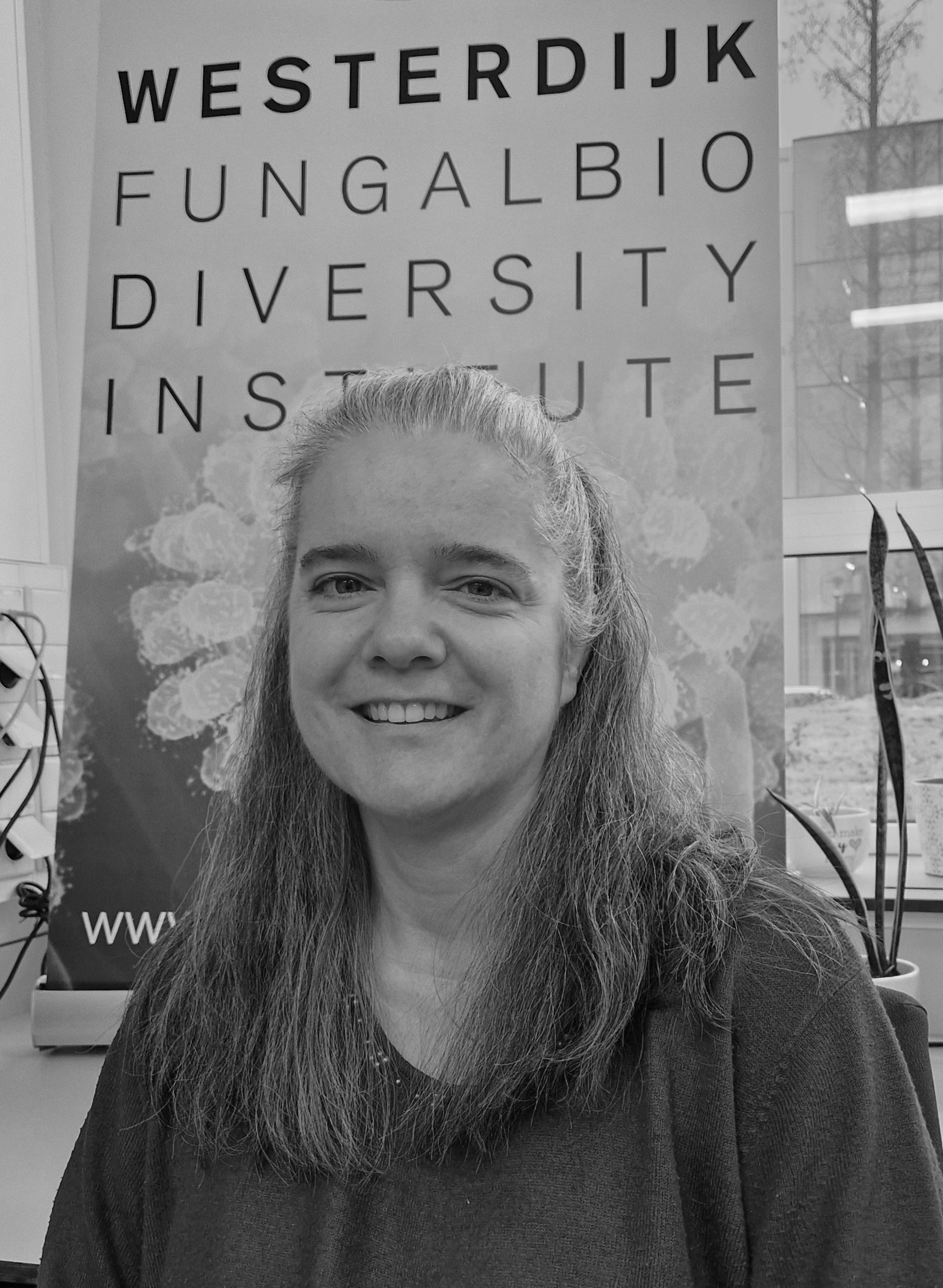
Marizeth did her Honors and Masters studies in Microbiology and Genetics at the University of Stellenbosch, South Africa. In 2007, she obtained her PhD in Phytopathology through Wageningen University, The Netherlands, in combination with the Plant Pathology group at the Westerdijk Institute (WI), previously known as CBS. Her passion and research focus on the fascinating world of yeasts started with her career in the CBS culture collection when she was appointed as the curator of the yeast collection. She has been serving in this role since 2009 with a focus on general collection management and quality control of the CBS yeast collection, preserving these important organisms for generations to come. Some of her additional tasks are: biosecurity officer, patent officer of the CBS secure collection, and a member of the WI management team.
Her main research focus is on the taxonomy and systematics of yeasts. She has (co-) authored numerous manuscripts describing various novelties at different taxonomic levels: species, genera, families, orders, and classes. She is a co-editor of the theyeasts.org, a valuable online resource on yeast taxonomy, systematics, and biodiversity that is a follow-up on The Yeasts: A Taxonomic Study book series. In 2015, she was invited by Clete to get involved in the Y1000+ Project by supplying quality-controlled strains from the CBS collection; after the unfortunate death of Clete in 2017, she started working directly with Chris and Antonis on this project as the lead taxonomic expert.
Cletus P. Kurtzman, Late Co-PI
Supervisory Microbiologist, Curator of NRRLAgricultural Research Service Culture Collection
United States Department of Agriculture
A tribute by Teun Boekhout
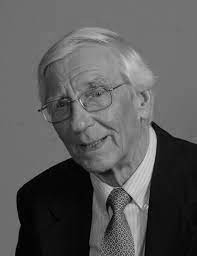
After earning a PhD from West Virginia University in 1967, Clete worked for 50 years for the United States Deparment of Agriculture in Peoria, IL, first as a Curator for the NRRL Culture Collection and finally as a Supervisory Microbiologist until his sudden death in 2017 (Obituary). He was an undeniable leader and nucleating force for the yeast biodiversity, systematics, and taxonomy community. Significant accomplishments include the introduction of DNA sequencing to yeast taxonomic practice, the formal description of many yeast species and genera, and co-editing 2 editions of The Yeasts: A Taxonomic Study, a multi-volume book on yeast taxonomy and biodiversity. Clete worked with Chris, Antonis, and Marizeth as a Co-PI on the Y1000+ Project until Marizeth stepped in as the taxonomic lead following his death.

